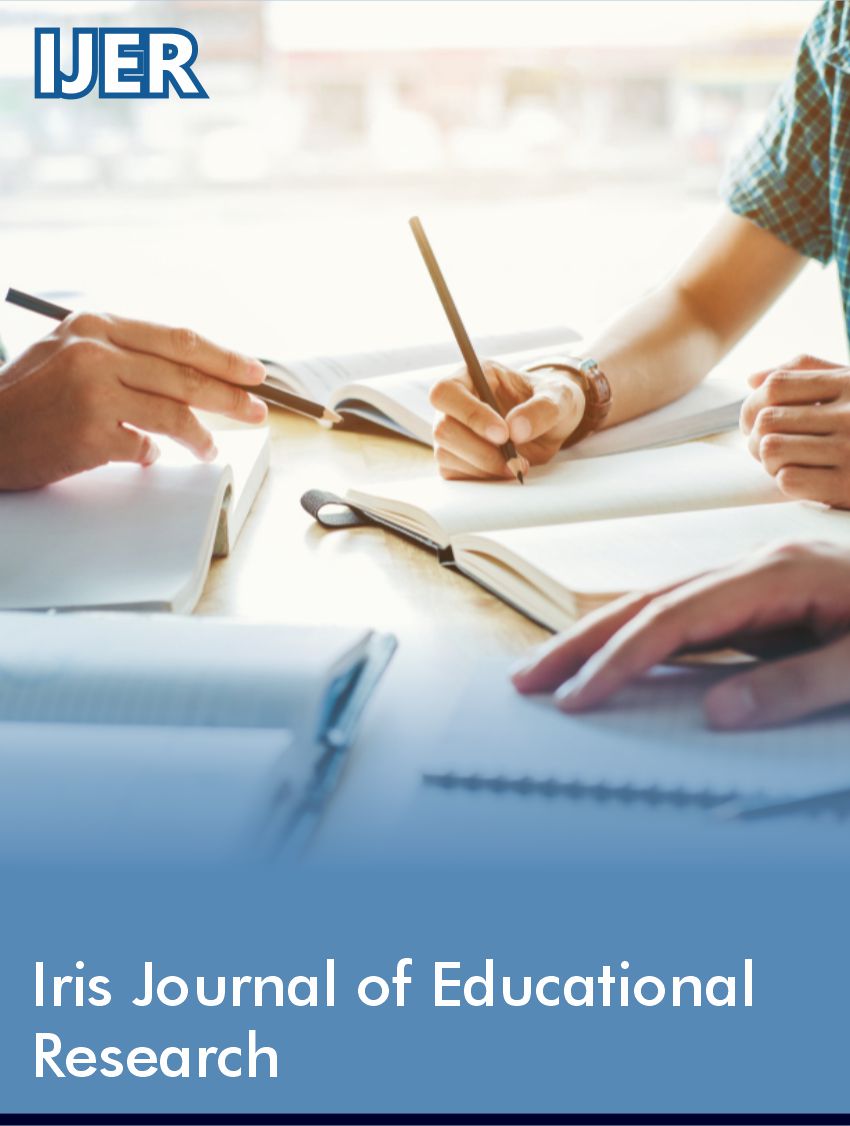 Research Article
Research Article
Comparing Human-Designed and AI-Enhanced Science Lessons: A Pilot Study in K-5 Education
Senese A1*, Marzano D2 and Ambrosini R1
1Department of Environmental Science and Policy (ESP), Università degli Studi di Milano, Italy
2Department of Humanities, Cultural Heritage, Education Sciences, University of Foggia, Foggia, Italy
Corresponding AuthorSenese A, Department of Environmental Science and Policy (ESP), Università degli Studi di Milano, Italy
Received Date: July 08, 2025; Published Date: August 04, 2025
Abstract
Artificial Intelligence in Education (AIEd) is a rapidly growing field, yet concrete applications in early Science Education remain limited. This pilot study investigates the impact and perception of generative AI tools in designing and delivering science lessons in K-5 classrooms, compared to traditional human-designed instruction. The research was conducted in two phases: i) a preliminary survey involving Italian nursery and primary school teachers to assess familiarity and expectations toward educational technologies, and ii) a field intervention comparing six traditional and six AI-assisted science lessons, followed by a second structured questionnaire completed by seven teachers. Results reveal that while traditional teaching remains essential for fostering foundational skills, empathy, and real-world connections, AI/GAI tools can enhance engagement through immersive and adaptive experiences. However, effective integration requires targeted teacher training and mindful implementation. This study highlights the complementary strengths of human and AI-led instruction, advocating for balanced, inclusive, and pedagogically grounded innovation in early STEM education. However, further research is needed to evaluate long-term educational impact and scalability.
Keywords:Artificial Intelligence; Generative Artificial Intelligence; STEM; Primary Education; Science Learning; Teacher Perception
-
Senese A*, Marzano D and Ambrosini R. Comparing Human-Designed and AI-Enhanced Science Lessons: A Pilot Study in K-5 Education. Iris J of Edu & Res. 5(3): 2025. IJER.MS.ID.000608.
-

This work is licensed under a Creative Commons Attribution-NonCommercial 4.0 International License.






